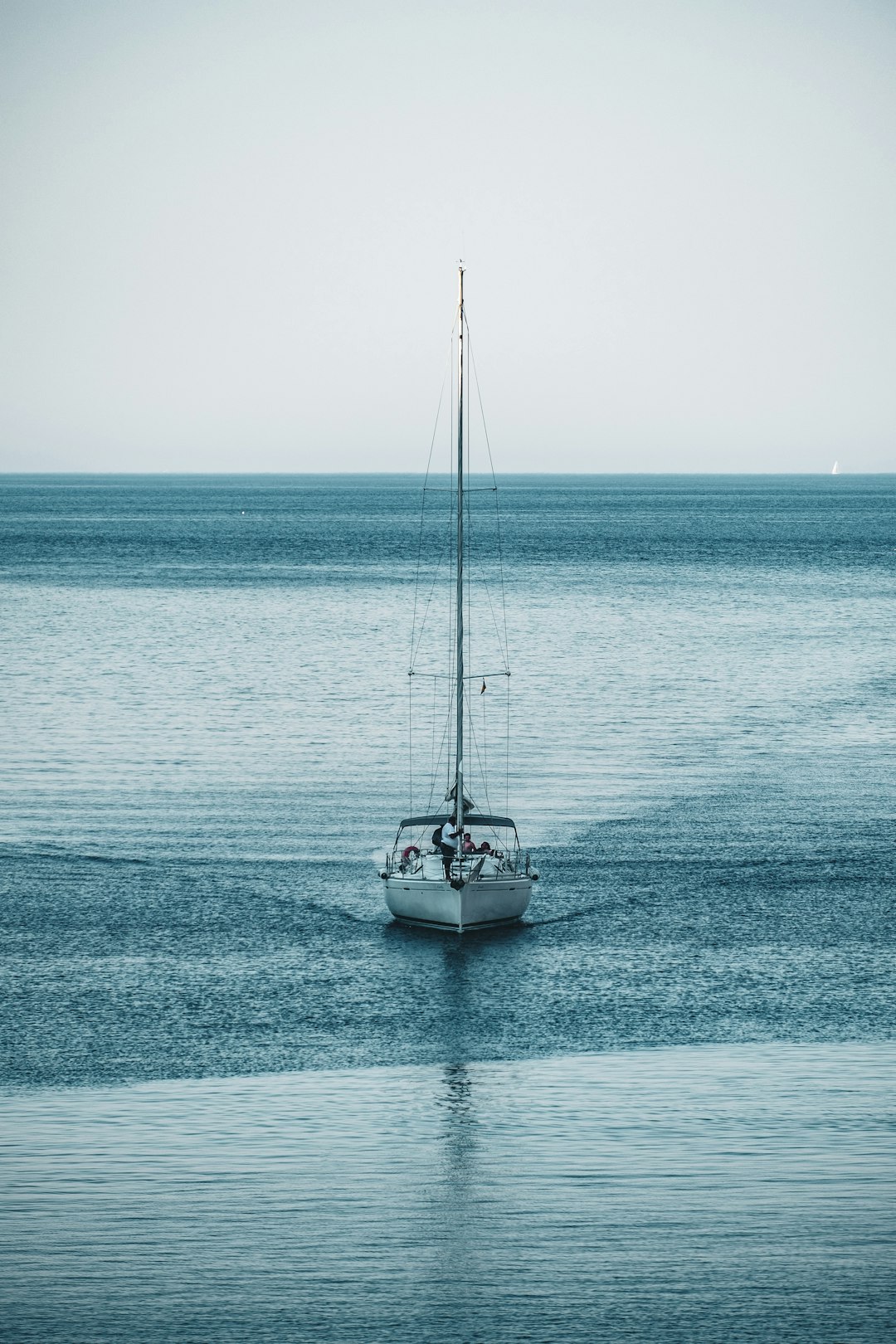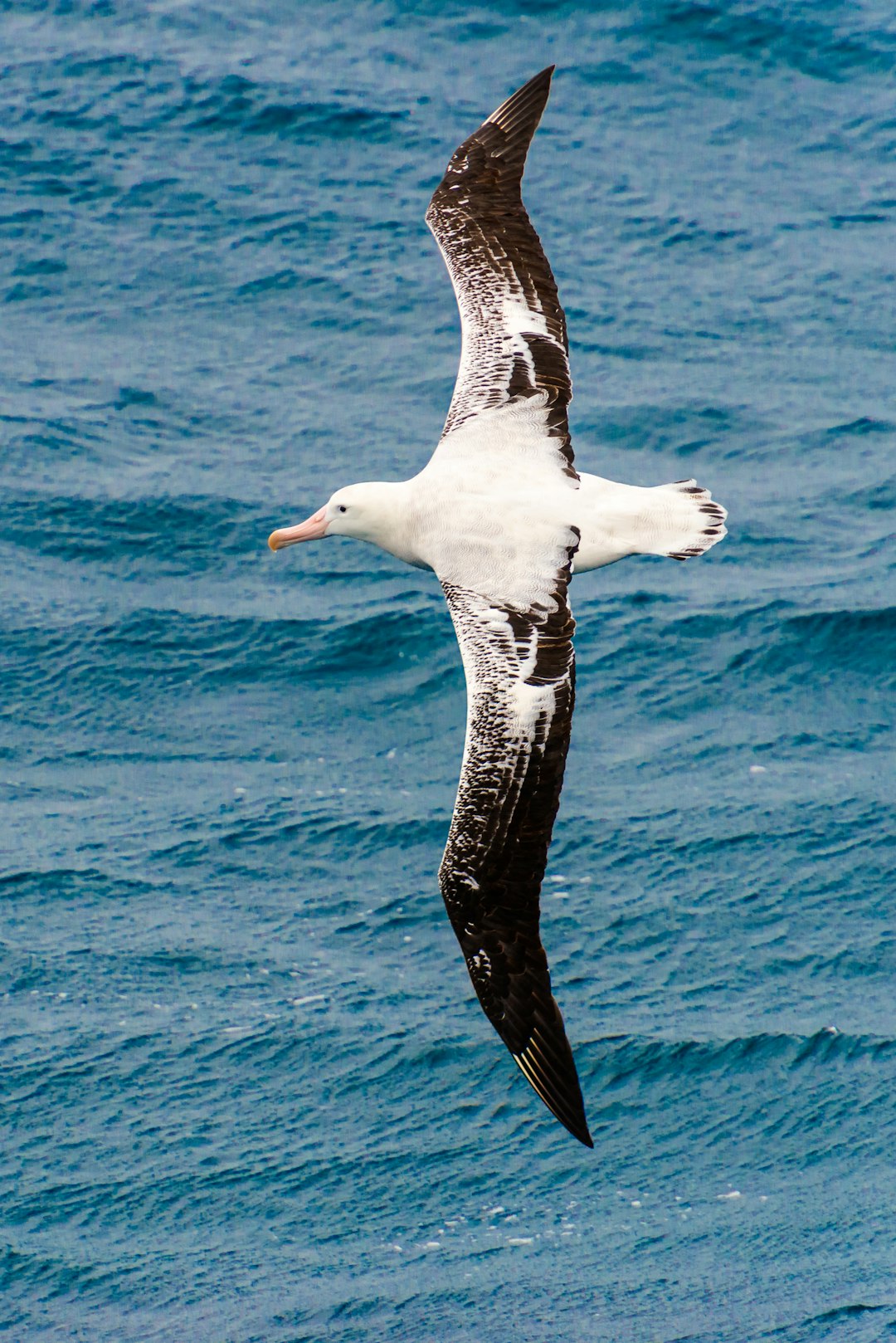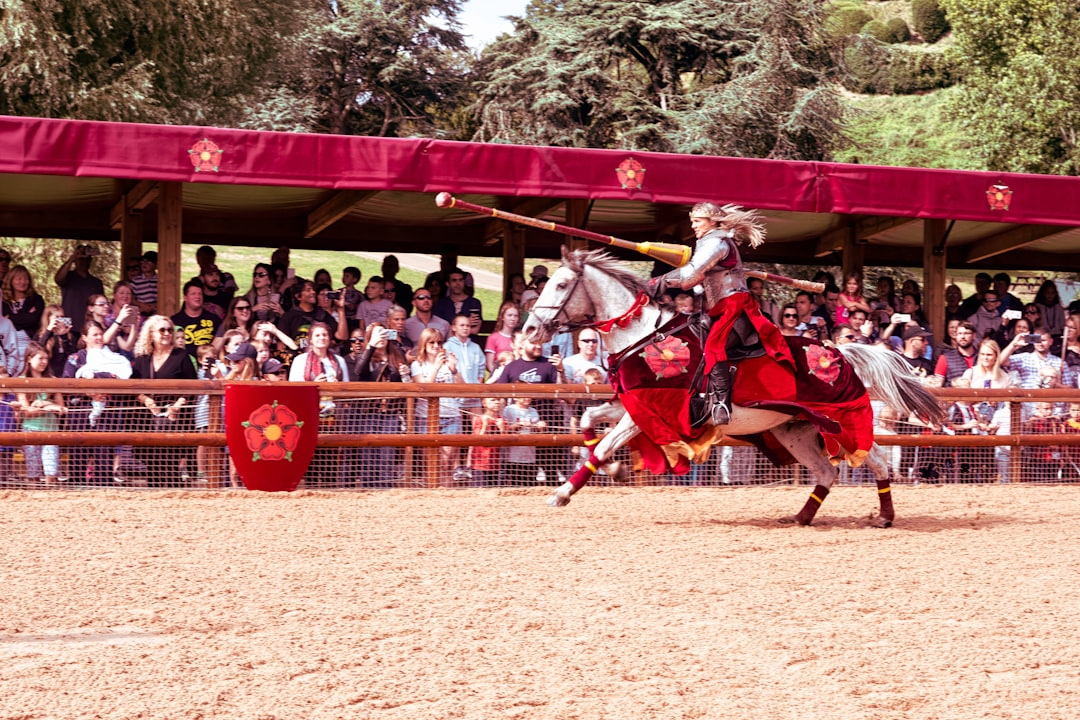
mariner — a sailor or a seafarer
marinero — the masculine Spanish cognate of the same meaning
marinera — the feminine Spanish cognate
I love the sea, yet I live as far inland as one can get from a sea or an ocean here in the U.S.A. I’ve long said that I was born in the wrong locale and that I hope to retire near the sea someday. Time will tell, but if I could have chosen the place where I grew up, it would have been seaside.
In Spanish, the word for the sea is “mar.” It comes from Latin’s mare, which also means “sea.” In Old English one word for “sea” was mere. That word survives today in words like “mermaid” which means a maid or woman of the sea and “merman” which is simply a man of the sea.
However, in English we use the word “sea,” which is only mildly different now than how it was in a different word for “sea” in Old English. It got its beginning even further back from the Goths, though.
“Mar” is easy to remember when learning Spanish, though, because we English speakers are quite familiar with the word “marine” for things that relate to the sea, like marine life and even that branch of the military called the Marines.
“Mar” makes an appearance in our word of “maritime,” which is “marítimo” (masculine) and “marítima” (feminine) in Spanish. “Marine” is “marino” in Spanish.
“Mariner” is kind of an outdated word for “sailor” in English, but there is a well-known baseball team called the Mariners in Seattle, and that team got its name because of Seattle’s proximity to the sea and to marine things.
You may also be familiar with the word “mariner” from Samuel Taylor Coleridge’s famous poem, “The Rime of the Ancient Mariner,” about an old sailor who kills an albatross and then must bear the burden of its death. That is the origin of the idiom that something burdensome is “an albatross around my neck,” but in my experience with past students, those who had heard of the saying often didn’t know what it meant, and they also didn’t know what a “mariner” was. Hopefully, you do, and you also know that an albatross is a seabird or a “marine” bird.

“Mariner,” “marine,” “maritime” all deal with “the sea” or “el mar.” In Ernest Hemingway’s Pulitzer Prize winning short novel, “The Old Man and the Sea,” the old man preferred the feminine form for the sea, referring to it as “la mar” instead of “el mar.”
"He always thought of the sea as 'la mar' which is what people call her in Spanish when they love her. Sometimes those who love her say bad things of her but they are always said as though she were a woman. Some of the younger fishermen, those who used buoys as floats for their lines and had motorboats, bought when the shark livers had brought much money, spoke of her as 'el mar' which is masculine. They spoke of her as a contestant or a place or even an enemy. But the old man always thought of her as feminine and as something that gave or withheld great favours, and if she did wild or wicked things it was because she could not help them. The moon affects her as it does a woman, he thought."
― Ernest Hemingway, The Old Man and the SeaI like to pretend that my last name of “Marshall” also does pertain to the sea. I “shall” live by the “mar” someday. Ha ha.
Whatever it takes to help you make that cognate cognizance, I always say.
Until next time. May you have smooth sailing on your sea of life, you mariners of the world.
Tammy Marshall (if you listened to the audio, you probably heard my cat — that wasn’t me meowing — ha ha)














Mariner